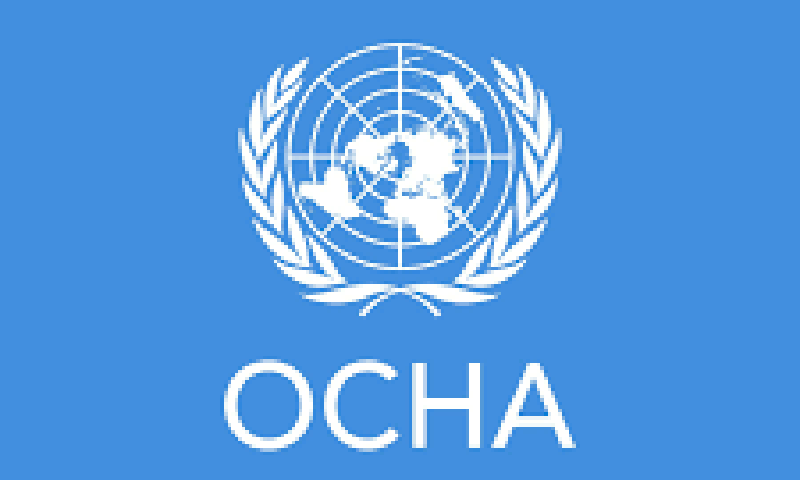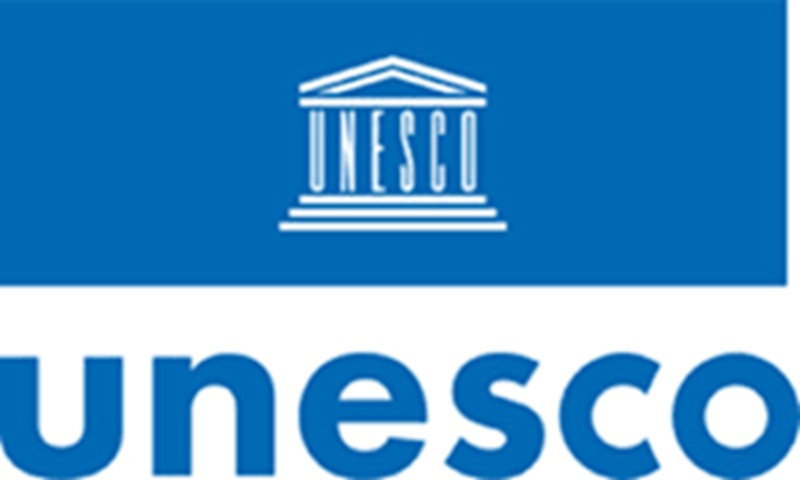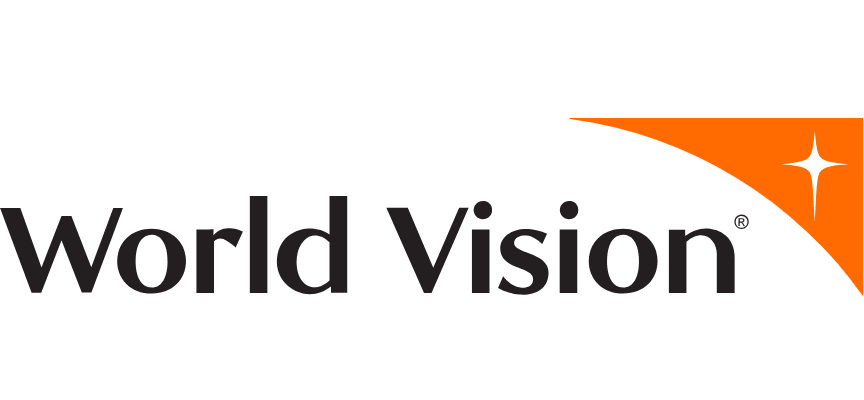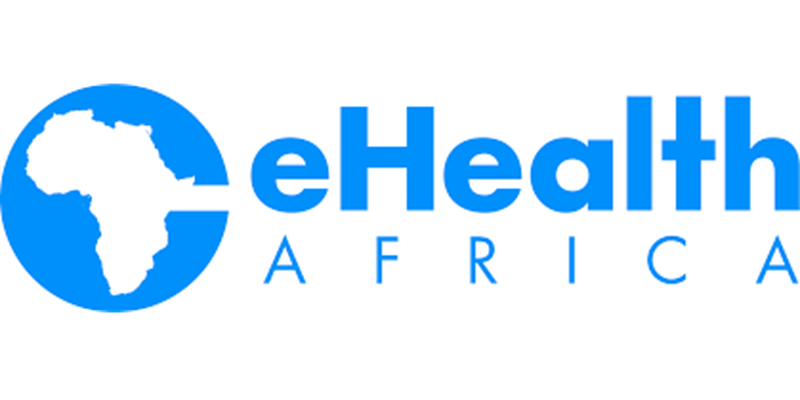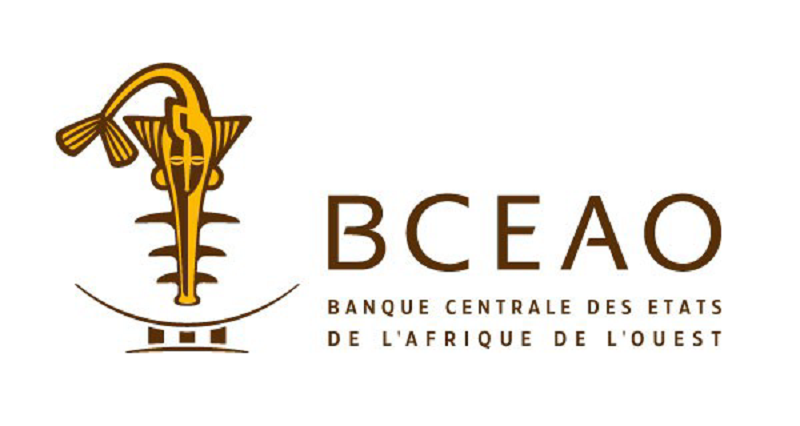Contexte
Le PNUD s’engage à assurer la diversité du personnel en termes de sexe, de nationalité et de culture. Les personnes issues de groupes minoritaires, de groupes autochtones et de personnes handicapées sont également encouragées à postuler. Toutes les candidatures seront traitées avec la plus stricte confidentialité.
Le PNUD ne tolère pas l’exploitation et l’abus sexuels, tout type de harcèlement, y compris le harcèlement sexuel, et la discrimination. Tous les candidats sélectionnés feront donc l’objet d’une vérification rigoureuse des références et des antécédents.
The Office for the Coordination of Humanitarian Affairs (OCHA) is a department of the United Nations Secretariat. Its mission is to mobilize and coordinate humanitarian action in an effective, coherent manner and in accordance with humanitarian principles, in partnership with national and international actors, to alleviate human suffering, advocate for the rights of populations in need, and to promote disaster preparedness and prevention.
Information management is a core component of a comprehensive support and coordination strategy for the humanitarian community. To meet the increased requirements for information management, coordination support, humanitarian advocacy and information, the Information Management Officer will be part of and support the Information Management Unit (IMU) to analyze relevant data (tabular, statistical, spatial, etc.) to facilitate an efficient and effective humanitarian response.
- Contribute to the analysis and management of humanitarian data collected by OCHA/shared with OCHA
- Support the coordination mechanisms and OCHA sections/sub offices with the development of data collection forms and tools (kobo, excel, etc.)
- Support the development and maintenance of information flux as well as information products such as Who/What/Where, monitoring matrixes, operational analyses, contact lists, etc.
- Support the development of infographics and mapping products (i.e., dashboards, maps, snapshots, posters, visuals for social media, etc.)
- Maintain a client-oriented approach that ensures that OCHA provides high-quality information management services and products to the OCHA office and to members of the humanitarian community
- Facilitate knowledge building and knowledge sharing within OCHA and guidance to external stakeholders on information management
1.) Support the development and maintenance of information flux as well as information products such as Who/What/Where, monitoring matrixes, operational analyses, contact lists
• Build strong relationships and maintain regular contacts with the relevant partners/parties; gather information on humanitarian activities in support of the Who/What/Where database, including frequent liaison with key stakeholders.
• Support the development of standardized reporting formats and analysis to support operational decision-making.
• Collect information and assist in analysis of monitoring reports based on humanitarian indicators to provide a coherent picture of humanitarian operations.
• Collect, organize, structure and archive statistics and geographic data
• Develop forms and questionnaires to collect various information using tools such as Kobo collect
• Collect, analyze, and disseminate information in cooperation with other units within OCHA as relevant/required
2.) Support the development of infographics and mapping products (i.e., dashboards, maps, snapshots, posters, visuals for social media etc.)
• Prepare dynamic and static infographics (dashboards, snapshots…) using visualization tools such as Power Bi or Illustrator and InDesign.
• Update statistics database as well as operational databases and datasets
• Produce maps and update the map catalogue
• Keep the online repository up to date
• Develop and maintain spatial baseline and operational datasets in accordance with relevant standards and guidance, including IASC Common Operational Datasets (CODs).
3.) Maintain a client-oriented approach that ensures that OCHA provides high-quality information management services and products to the OCHA office and to members of the humanitarian community:
• Provide liaison support with relevant partners and stakeholders to promote information sharing and coordination.
• Provide support to the OCHA sub-offices, organize flow of information, and assist the offices in planning information management activities.
• Provide graphics/design support for various presentations, as well as the development of high-quality visual products (infographics, maps, tables, graphs, etc.).
• Conduct regular trainings for sectors/clusters’ members and work closely with the IM counterparts in partner agencies and organizations throughout the IMWG.
4.) Facilitate knowledge building and knowledge sharing within OCHA and guidance to external stakeholders on information management focusing on achievement of the following
• Promote the adoption of global/OCHA Information Management tools and technics by OCHA staff and partners.
• Contribute to the development and delivery of training curricula for field partners
• Assist with other tasks as required
| Core Competencies | ||||||||||||||||||
| Achieve Results:
|
LEVEL 2: Scale up solutions and simplifies processes, balances speed and accuracy in doing work | |||||||||||||||||
| Think Innovatively:
|
LEVEL 2: Offer new ideas/open to new approaches, demonstrate systemic/integrated thinking | |||||||||||||||||
| Learn Continuously
|
LEVEL 2: Go outside comfort zone, learn from others and support their learning | |||||||||||||||||
| Adapt with Agility
|
LEVEL 2: Adapt processes/approaches to new situations, involve others in change process | |||||||||||||||||
| Act with Determination | LEVEL 2: Able to persevere and deal with multiple sources of pressure simultaneously | |||||||||||||||||
| Engage and Partner
|
LEVEL 2: Is facilitator/integrator, bring people together, build/maintain coalitions/partnerships | |||||||||||||||||
| Enable Diversity and Inclusion
|
LEVEL 2: Facilitate conversations to bridge differences, considers in decision making | |||||||||||||||||
| People Management
UNDP People Management Competencies can be found in the dedicated site. Cross-Functional & Technical competencies
|
- A Bachelor’s degree in computer science, information systems, geographic information systems, graphic design, or related field is required.
- For a Bachelor’s degree a minimum of two (2) years’ work experience in information systems, geographic information systems or graphic design.
- Working experience of data management (Excel, access, R, Power BI, Power query, etc.) is required.
- Fluency in both oral and written English and French (oral and written) is required.
- Working experience in graphics/design support for various visualization and presentations, and development of high-quality visual products (infographics, graphs, etc.) using tools such as illustrator, InDesign, Power BI is desirable.
- Knowledge in GIS and mapping using tools such as MapInfo, ArcGIS, QGIS is desirable.
- Knowledge of programming languages or website management (Drupal) is desirable.
- Experience in collecting, analyzing, evaluating, and synthesizing information (Kobo, ODK…) is desirable.
- Relevant experience in working with an UN agency or other humanitarian agency is desirable.
- Experience in emergency preparedness, and/or humanitarian/emergency relief management is an asset.
Female candidacies are strongly encouraged.
Important applicant information
All posts in the NO categories are subject to local recruitment.
Applicant information about UNDP rosters
Note: UNDP reserves the right to select one or more candidates from this vacancy announcement. We may also retain applications and consider candidates applying to this post for other similar positions with UNDP at the same grade level and with similar job description, experience and educational requirements.
Workforce diversity
UNDP is committed to achieving diversity within its workforce, and encourages all qualified applicants, irrespective of gender, nationality, disabilities, sexual orientation, culture, religious and ethnic backgrounds to apply. All applications will be treated in the strictest confidence. We strongly encourage female candidacies.
Scam warning
The United Nations does not charge any application, processing, training, interviewing, testing or other fee in connection with the application or recruitment process. Should you receive a solicitation for the payment of a fee, please disregard it. Furthermore, please note that emblems, logos, names and addresses are easily copied and reproduced. Therefore, you are advised to apply particular care when submitting personal information on the web.

